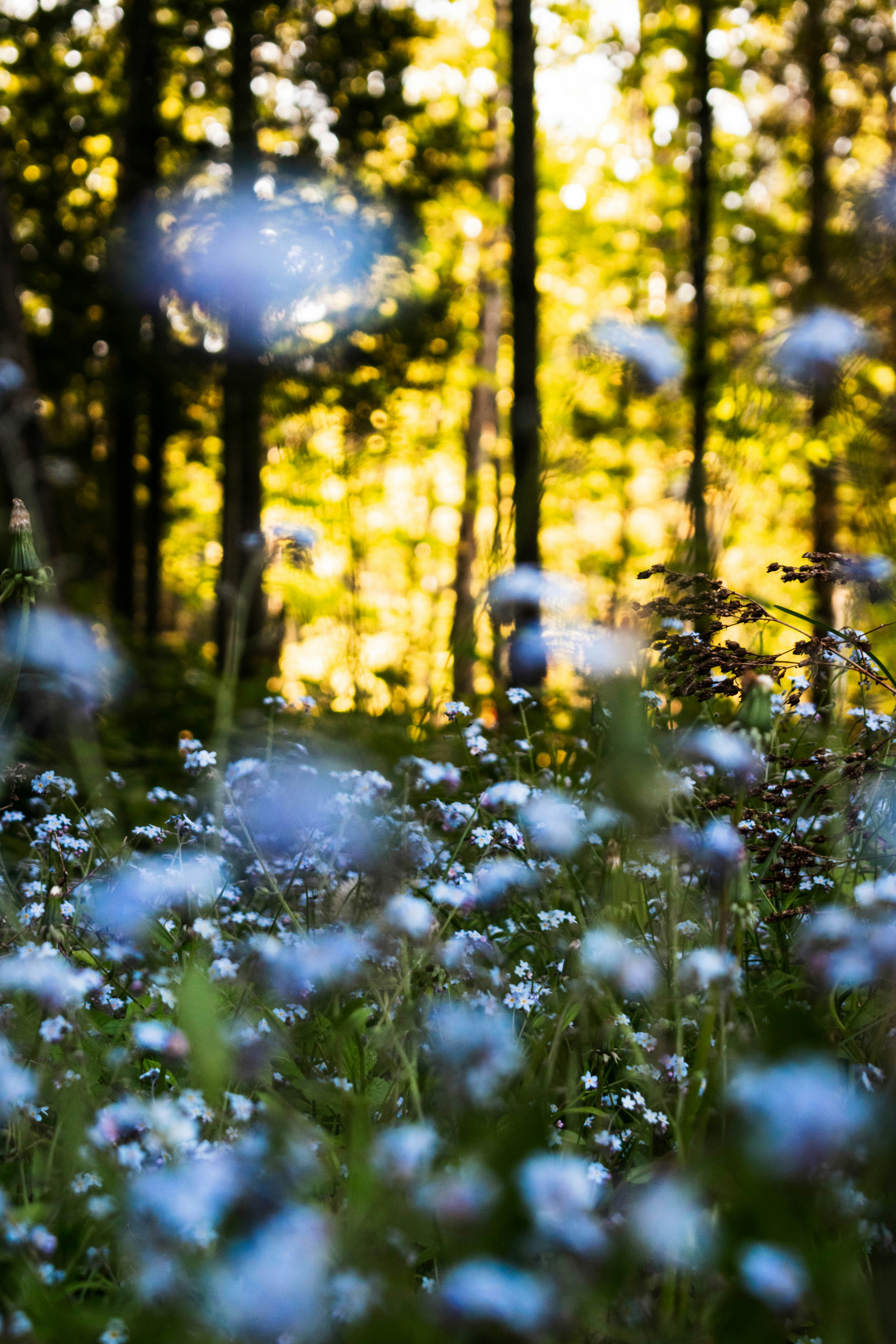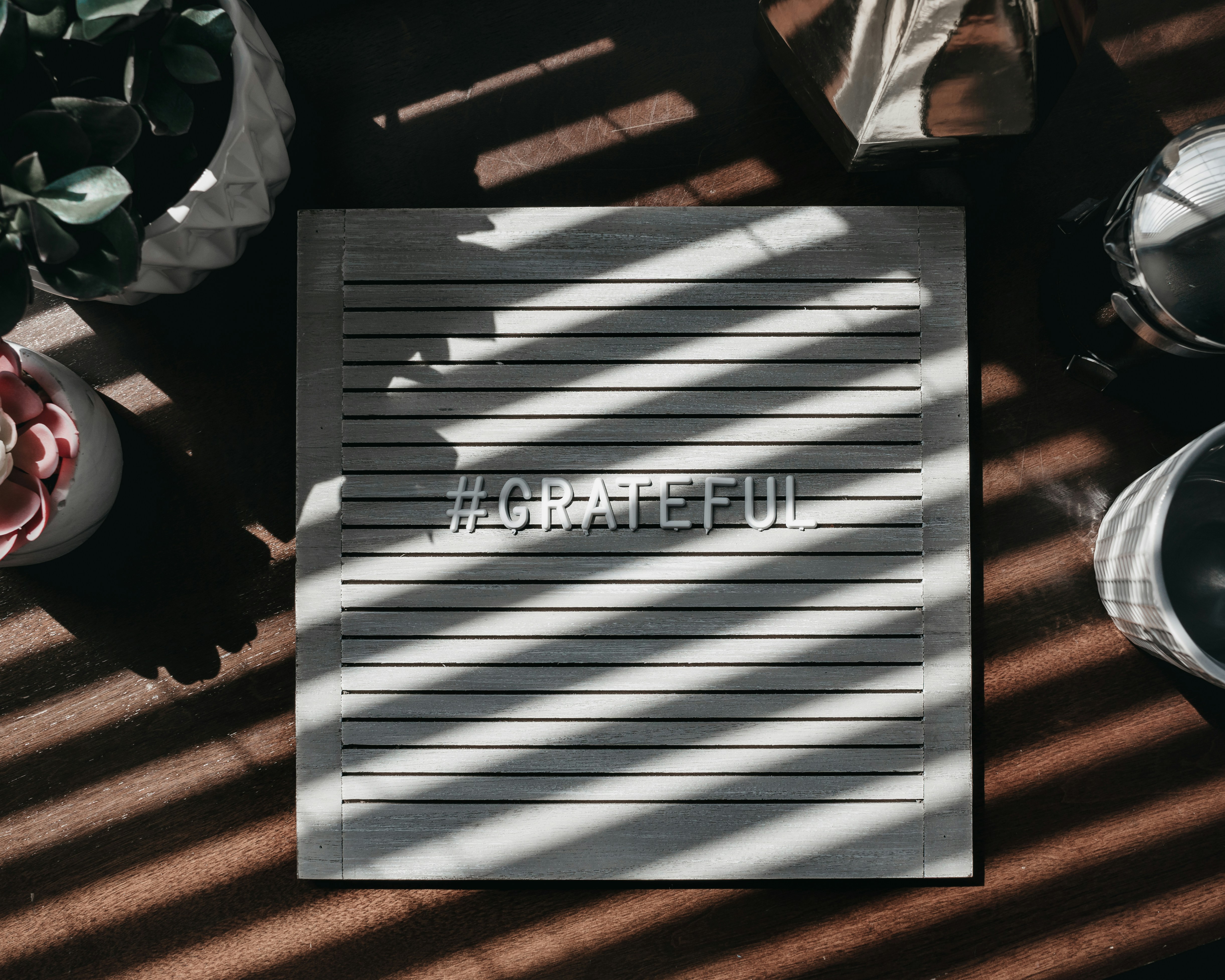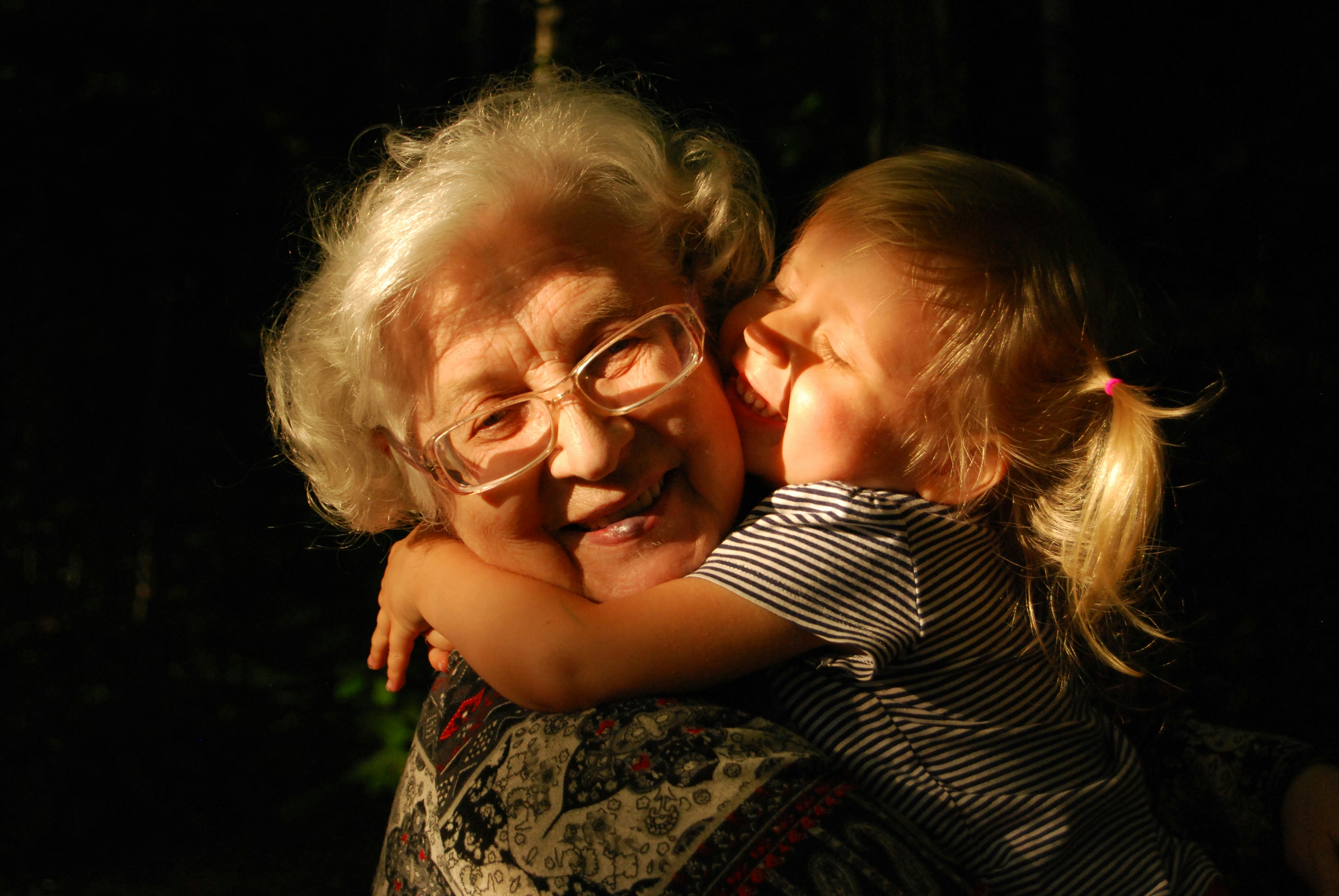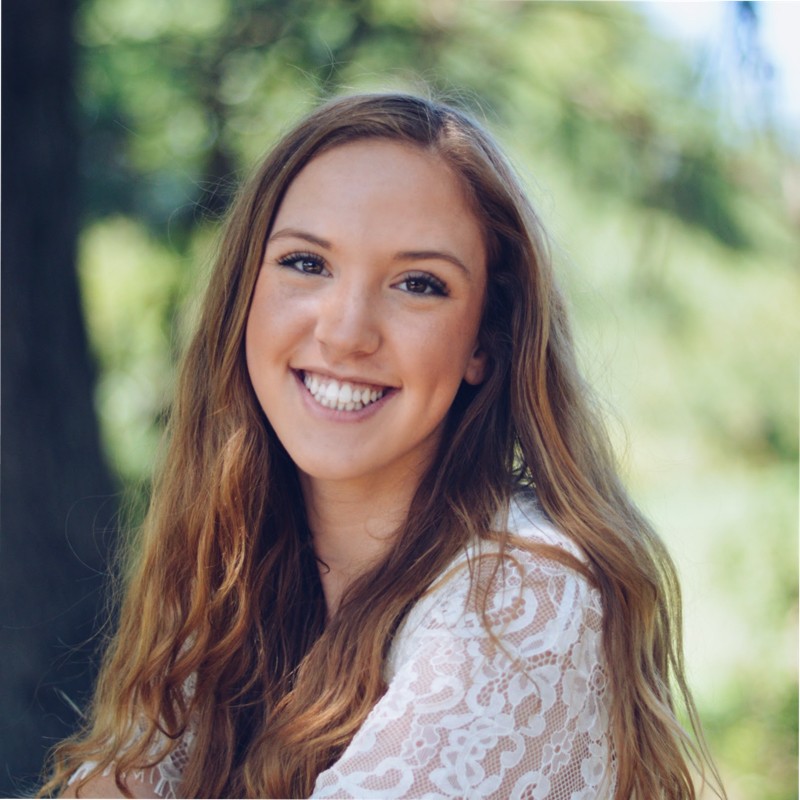The Blessing of Forgetting
 The older we get the more knowledge we accumulate, but also, it seems, the more we start to forget. As time passes small details are lost, memories change, and things we were once so concerned about at one time seem trivial. Forgetting is slow and happens with reason, and while sometimes inconvenient, when we lose our keys or forget what we came into a room to find, it doesn’t usually seem to impact our overall lives too much. For most, this process seems unimportant and unnoticeable. However, for some forgetting is not so inconsequential. My family and I represent those with a deeper understanding of what it means to forget.
The older we get the more knowledge we accumulate, but also, it seems, the more we start to forget. As time passes small details are lost, memories change, and things we were once so concerned about at one time seem trivial. Forgetting is slow and happens with reason, and while sometimes inconvenient, when we lose our keys or forget what we came into a room to find, it doesn’t usually seem to impact our overall lives too much. For most, this process seems unimportant and unnoticeable. However, for some forgetting is not so inconsequential. My family and I represent those with a deeper understanding of what it means to forget.
My grandmother, or my Honey Granny as my family lovingly calls her, is in the middle stage of a battle with Alzheimer’s disease. For those who are not familiar with the disease, it is defined by a slow but progressive decay of memory and other mental capacities. It doesn’t happen all at once and can take up to 20 years after a diagnosis to lead to death. Despite this, it significantly impacts the daily lives of those living with it. Because of this, about a year ago, my granny moved into my parents' house so we could keep a closer eye on her. During this time, we have seen her memories fade slowly. She repeats questions over and over, insists that she ate breakfast only a little while ago when it has been hours since, and acts surprised and impressed by my mom's new and original recipes she’s “never tried” even when my mom made that same meal the week before. Her forgetting in these instances does not seem incredibly significant, however it has impacted each of us as well.
Do not mistake this impact though as a sign of ungratefulness. I am beyond grateful to have this time with her and to be so close with her again. Growing up, my granny was easily one of the most important people in my life, and she still is. From the time I was born until the time I entered high school, my grandmother would babysit my sister and me while my parents worked. In a way, she became almost like a second mother to me. The stories she told me, the lessons she taught, and the memories we made are ones that define my childhood and I hope to hold onto them forever.
 Living with her again is a constant reminder of those days we spent together when I was growing up. Even as I type this blog post on my computer in the living room, I can hear her deep breaths as she sits at the table around the corner in the kitchen. If I shut my eyes I can imagine her folding laundry at that table, tucking one matching sock inside the other the way she showed me when I was a kid, in a failed attempt to get me to stop wearing mismatched ones. If I really try, I can even imagine the piano that used to sit in the dining room, and I can still hear her play.
Living with her again is a constant reminder of those days we spent together when I was growing up. Even as I type this blog post on my computer in the living room, I can hear her deep breaths as she sits at the table around the corner in the kitchen. If I shut my eyes I can imagine her folding laundry at that table, tucking one matching sock inside the other the way she showed me when I was a kid, in a failed attempt to get me to stop wearing mismatched ones. If I really try, I can even imagine the piano that used to sit in the dining room, and I can still hear her play.
I will not deny the difficulty that comes with watching someone you love forget the lives you lived together. Living with her now is a constant walk on a line between looking back fondly on our past, and falling into the black hole of thinking that that past is gone. My mom walks this line zigzaggedly, which is understandable but difficult to watch. I hate the idea of taking away from the time we have with her now by letting anger, sadness, and the knowledge of the past, get in the way of the finite future we have.
 These reminders, to many people, would represent things lost. To many, that is what forgetting entails: losing the knowledge of the past. Instead, I try to look at forgetting differently. Granny no longer folds laundry and we got rid of the piano many years ago, but her presence in our home is not entirely negative. So much of Granny is still the same. Her laugh, her positive energy, her adoration for her family, and her never-ending support and splendor at our successes. Her past made her this way, even if she cannot fully remember how. Her presence here, while not entirely the same as what it used to be, is not a reminder that everything is different, but instead proves that some things last even when they’re gone. Instead, I choose to look at this experience as highlighting the blessings that are forgetting.
These reminders, to many people, would represent things lost. To many, that is what forgetting entails: losing the knowledge of the past. Instead, I try to look at forgetting differently. Granny no longer folds laundry and we got rid of the piano many years ago, but her presence in our home is not entirely negative. So much of Granny is still the same. Her laugh, her positive energy, her adoration for her family, and her never-ending support and splendor at our successes. Her past made her this way, even if she cannot fully remember how. Her presence here, while not entirely the same as what it used to be, is not a reminder that everything is different, but instead proves that some things last even when they’re gone. Instead, I choose to look at this experience as highlighting the blessings that are forgetting.
So here are the lessons my Granny has taught me.
Forgetting allows us to be present:
To look at what we have now, forget what once was, and appreciate what is in front of us. My Granny does this every day, with a smile on her face. She could not be happier with the small things that fill her day and is unbothered by the things she does not have.
 Forgetting gives us the chance to experience the good things twice:
Forgetting gives us the chance to experience the good things twice:
How beautiful it would be if we could go back in time and replay our best moments. For Granny, this happens all the time. I’ve watched her light up looking over photo albums, pointing to faces she no longer recalls, and being brought to happy tears when she hears the stories and remembers, as if for the first time again. She becomes ecstatic when she is reminded that my sister is engaged as if it is brand new news. Every meal my mom makes, she acts as if she is trying her new favorite food for the first time.
Forgetting means we have something to forget:
My Granny’s life has been long, full of love and sadness, beauty, and challenges. She may not remember, but those memories are not gone. They happened and they can never be undone. Instead forgetting highlights that the future does not wait for the past. New memories will come and take up the limited spaces in our minds. This is human nature but does not diminish the beauty of the real things that happen that we do not know. So much of what we do is unconscious, and we are always influenced by things we do not know or do not understand. Knowing is not everything.
So, yes, as we get older our memories will start to fade. This idea, which seems so sad, is unavoidable. Forgetting for most of our lives is purposeful and slow, but sometimes it is not, and someday, everything we know will be forgotten. We don’t think about it all the time, but it is an important process. Forgetting grounds us, it reminds us that our knowledge is limited and fleeting. It reminds us to focus on what is important now and to abandon what is trivial. Our memories, whether we can recall them or not, make us who we are and affect our actions. My granny is still who she was before, and she always will be, even when she inevitably forgets me someday. Someday, long from now, I may forget her too, but I find peace in that she will always be a part of me. For now, though, I’d rather worry about what we still have, not what is lost, or what may not remain in the future. That’s what Granny has taught me.
 BIO:
BIO:
I am a double major in Management and Psychology in the School of Isenberg and the College of Natural Sciences at UMass Amherst. Upon coming to UMass, I was strictly a psychology major as I knew my commitment to helping others was one of my greatest strengths. However last year the new classes I took as well as my current job as a sales associate led me to find a passion for social entrepreneurship as well, thus, leading me to apply to Isenberg’s School of Management. I plan to use both these degrees, as well as my sociable personality, my interest in exploring new ideas, and my need for the option to think creatively, and critically, and work with others, to accomplish the many goals I have for my future.
Within the next few years, I plan to continue building my skills in sales and customer service, as well as gain more knowledge in economics, accounting, operations, and information management. I am a great communicator and seller, and my love for psychology also helps me with motivation and conflict management. With these skills, in the long term, I see myself going into social entrepreneurship and starting my own businesses and non-profits. I am a double major in Management and Psychology in the School of Isenberg and the College of Natural Sciences at UMass Amherst. Upon coming to UMass, I was strictly a psychology major as I knew my commitment to helping others was one of my greatest strengths. However last year the new classes I took as well as my current job as a sales associate led me to find a passion for social entrepreneurship as well, thus, leading me to apply to Isenberg’s School of Management. I plan to use both these degrees, as well as my sociable personality, my interest in exploring new ideas, and my need for the option to think creatively, and critically, and work with others, to accomplish the many goals I have for my future. Within the next few years, I plan to continue building my skills in sales and customer service, as well as gain more knowledge in economics, accounting and operations, and information management. I am a great communicator, seller, and my love for psychology also helps me with motivation and conflict management. With these skills, in the long term, I see myself going into social entrepreneurship and starting my own businesses and non-profits.
This story was originally posted here: https://nicoleckeddy.weebly.com/blog.html?be






